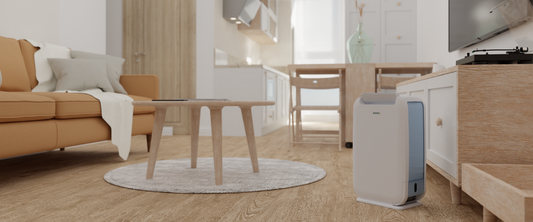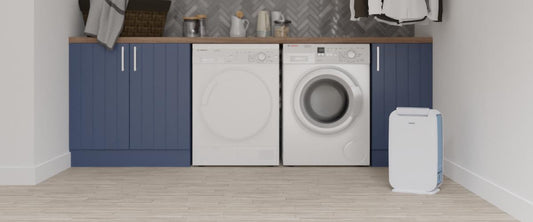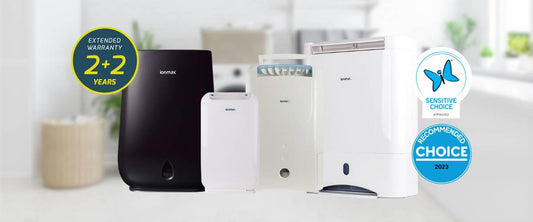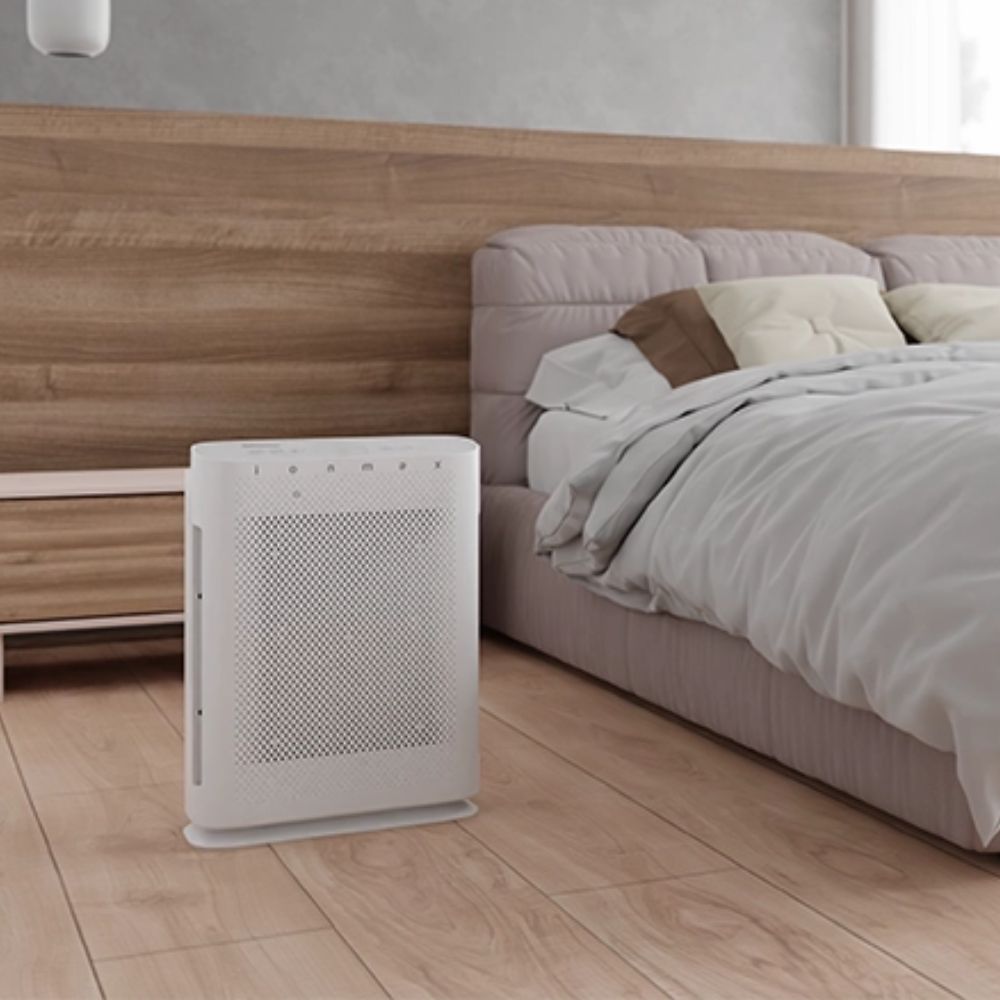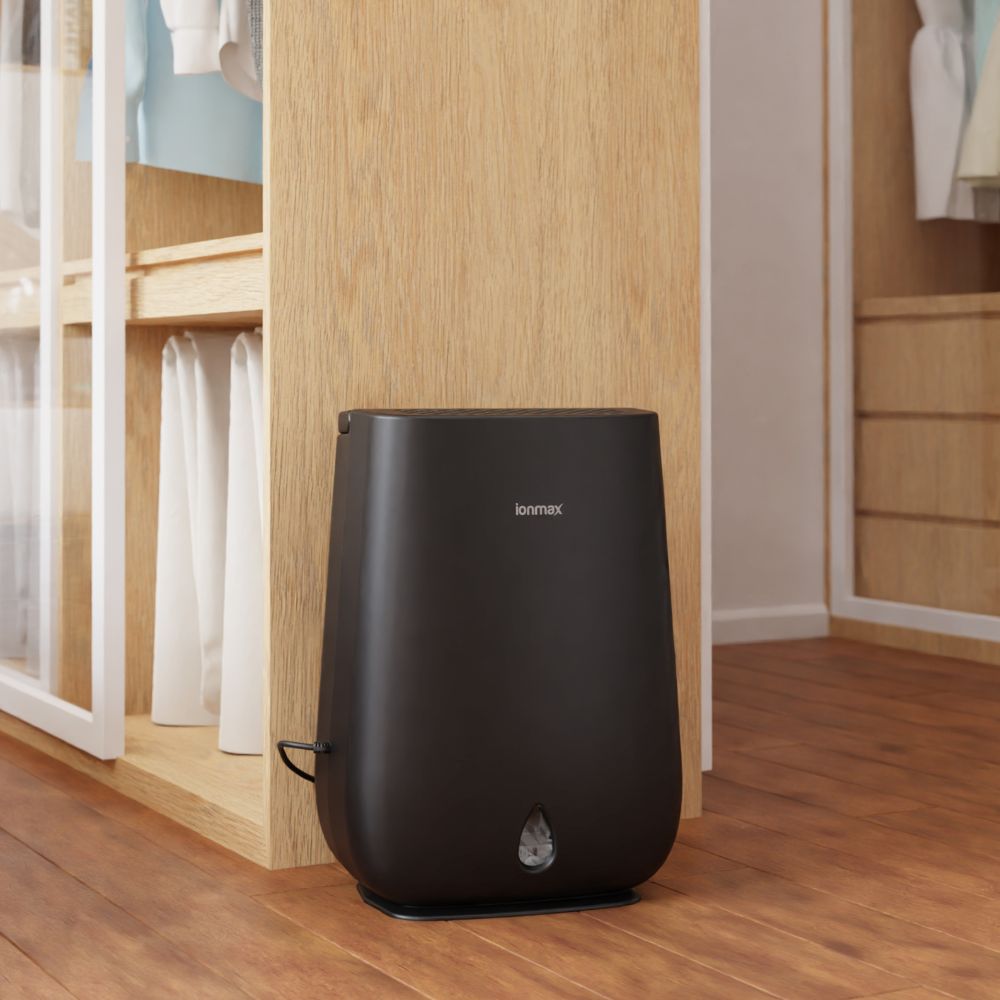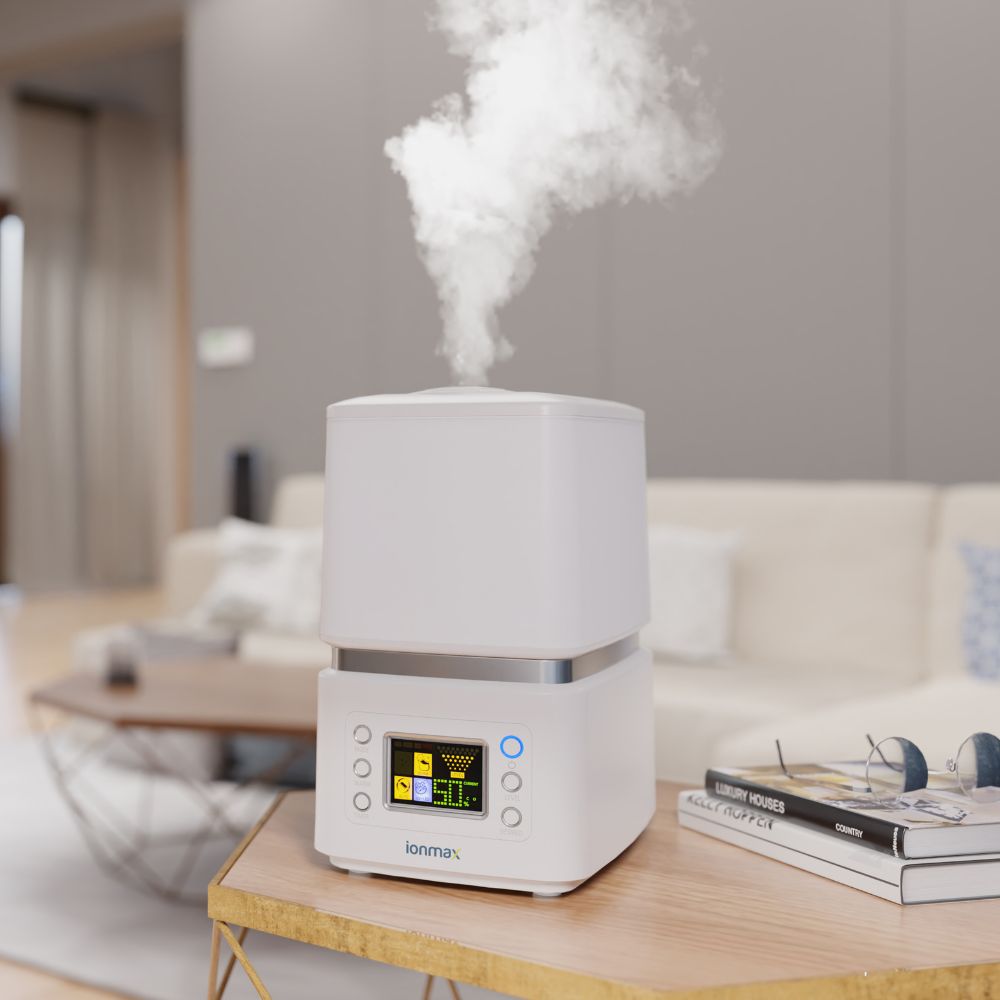According to the Bureau of Meteorology, this year’s autumn was wetter than usual while this winter was drier than average, making this coming pollen season a mixed bag across Australia.
Canberra and Sydney will experience really bad hayfever seasons, while Melbourne will have an easier time. However, thunderstorms can trigger asthma flare-ups as stormy winds and moisture can cause the pollen to rupture into smaller particles, which can be inhaled deeper into the lungs.
This leads us to our first tip:
1. Monitor the pollen count in your area
Melbourne and Canberra now have their own pollen monitoring services operating from 1st October to 31st December, while Sydney pollen monitoring starts on 1st September 2015. Other Australian cities are set to have a similar service established soon and can check out Weatherzone pollen forecasts in the mean time.
2. Avoid allergy triggers
The best way to manage an allergy is to avoid triggers. This means staying indoors or taking preventative steps if outdoor pollen counts are high, which is why tip #1 is to monitor the pollen count in your area.
It’s also a wise idea to stay indoors during and after thunderstorms because, as mentioned before, it can cause pollen to rupture into smaller particles, which can exacerbate allergy symptoms when inhaled.
3. Spring clean your home
Staying indoors is advised to prevent exposure to pollen and other allergens from the outside, but what about allergens inside your home?
While a good home air purifier can help to filter out and remove dust, allergens and pollen from your home’s indoor air, regular and thorough cleaning is still highly advisable for those who are prone to allergies, hayfever or asthma.
Allergens such as dust mites, pet hair and mould tend to collect over winter, so when spring time comes around it’s a good idea to spring clean your home to remove them.
Kristine Whorlow, CEO of the National Asthma Council Australia, advises that “a thorough clean can help reduce exposure to allergen triggers such as dust mites, pet hair and mould.”
Take care while cleaning, though – wear eye masks and/or face masks to prevent allergens from entering eyes, nose and throat; and use vacuums with HEPA filters if possible.
4. Keep car windows closed and use recirculated air when pollen levels are high
Air quality is important not only at home, but in our cars as well. Recent news highlighted the need for better air quality in cars, and this is especially true for asthma sufferers.
“In Spring, in particular, asthma attacks may be triggered by pollen allergens that could be reduced in a car by having effective filters in place,” said clinical associate professor Sheryl van Nunen, a spokeswoman for Australia’s National Asthma Council.
If yours is not one of the cars with a pollen filter built in, it’s a good idea to get a car air purifier that can help to filter these out from the air inside your car.
While you’re at it, it’s also best to spring clean your car as they often collect allergens, pollen and other irritants over time.
5. Try some natural remedies
There’s a wide array of traditional medications available to help those suffering from seasonal allergies, but studies have shown that some all-natural treatments can help relieve allergies successfully, often without the many troubling side effects ascribed to medicines.
As recommended by the American Association of Naturopathic Physicians below, “a diet rich in Omega-3 fatty acids can help to protect you from allergic reactions. For additional protection, try adding foods rich in vitamin E.”
What can you add to your diet to relieve your allergies? Here are some foods with anti-allergic properties:
- Whole grains, dark leafy vegetables, and egg yolks are high in vitamin E.
- Cold-pressed flax oil or Evening Primrose oil also contain high levels of vitamin E. Drizzle 1 tbsp. on your salad every day.
- Oily fish such as cod, herring, mackerel, salmon, menhaden and sardines provide the Omega-3 fatty acid called eicosapentaenoic acid or EPA.
- Spirulina (an alga often used in “green drinks”) also contains eicosapentaenoic acid.
- Pineapple contains the anti-inflammatory enzyme bromelain.
- Papaya contains the anti-inflammatory enzyme papain.
- Turmeric (a rich spice often used in Indian and Far Eastern dishes) contains the anti-inflammatory bioflavonoid quercetin.
These natural remedies can be applied in the kitchen as well, in the form of hot, spicy foods. Experts say that the spicier the dish, the more likely it is to produce thin mucous secretions, which in turn can clear nasal passages. Try adding some of these to spice up your next meal:
- cayenne peper
- hot ginger
- fenugreek
- onion
- garlic
Even more tips:
- Line drying your clothes can contribute to allergies as pollen sailing around the air will stick to it and, consequently, stick to you. So if possible, use the dryer!
- Don’t open your windows, but if you have to, don’t open them all the way as pollen can fly into the house and settle on furniture and other surfaces.
- At the end of a day out, briefly rinse off with cool water to remove any pollen stuck on your hair or skin. This also ensures that you don’t transfer any to your bedding.
Disclaimer: The information provided in this article is for general reference only. Please seek advice from professionals according to your needs.



